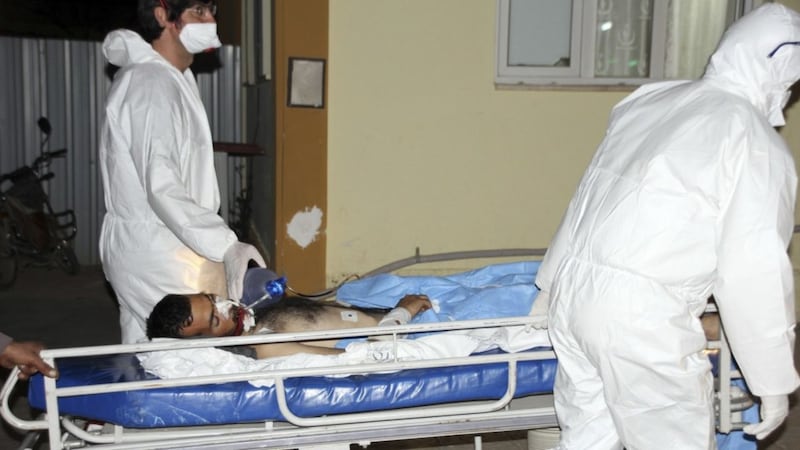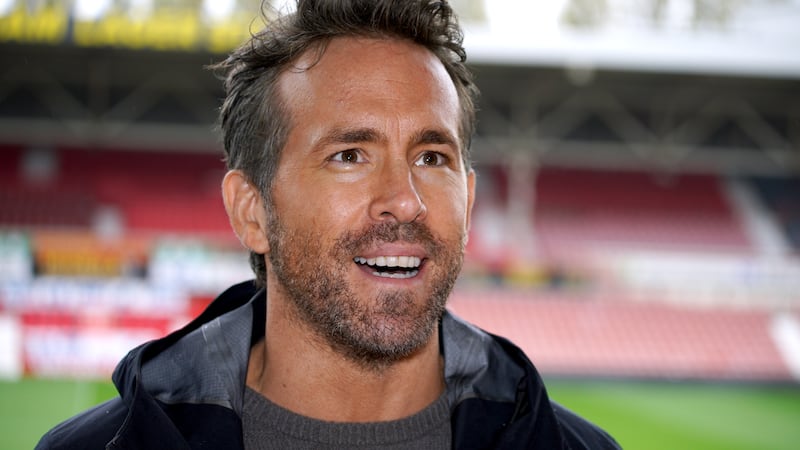A deadly chemical attack in Syria has prompted rising tensions over the future of the regime of President Bashar Assad.
Here we cover everything you need to know about the attack, the reaction since and the developments we can expect in the weeks ahead.
What happened in Syria?
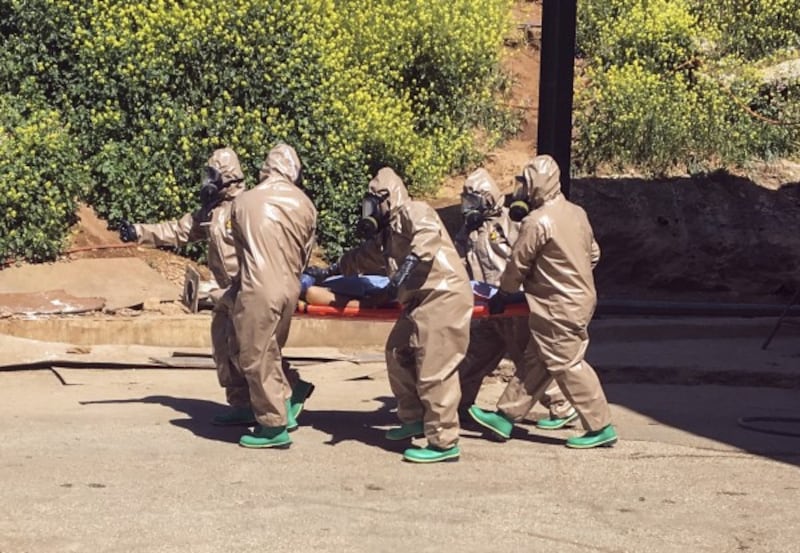
Syrian government forces have been accused of launching a devastating chemical attack on the rebel-held town of Khan Sheikhoun, in Idlib province, last Tuesday.
Some 89 people were killed in the attack and hundreds more suffered symptoms consistent with a toxic nerve agent, possibly sarin gas.
What is the significance of the attack?
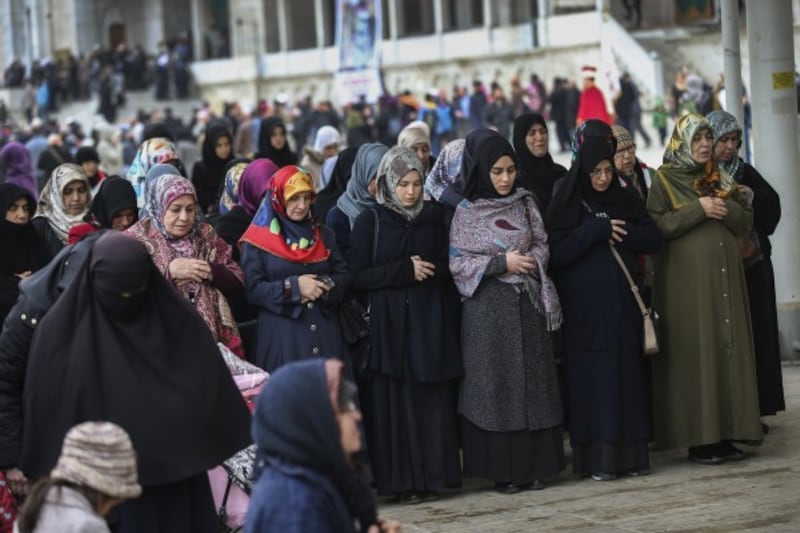
The use of chemical weapons has been regarded as a line in the sand by the international community.
Sarin gas is a colourless, odourless liquid originally created by the Germans in 1938 as a pesticide, and then as a chemical weapon during the Second World War. The United Nations Chemical Weapons Convention, which came into effect in 1997, banned the production, stockpiling and use of sarin and various other chemical weapons.
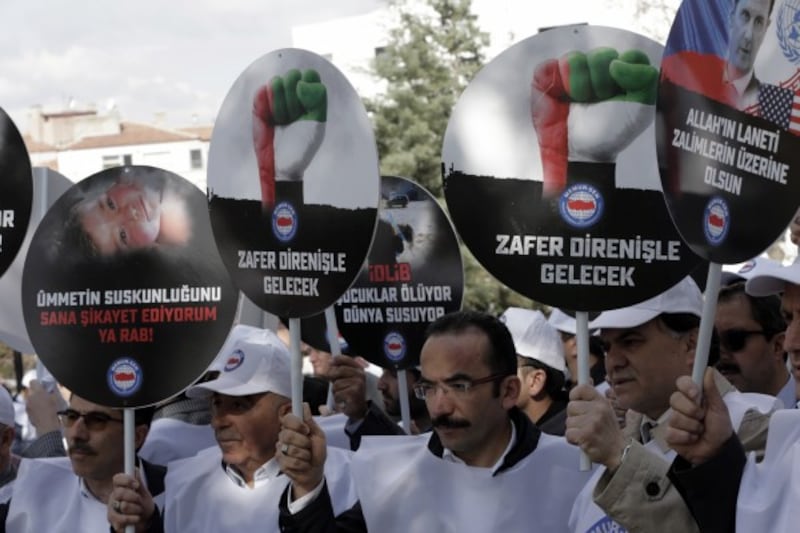
Former US President Barack Obama threatened military action when the Syrian regime was accused of killing hundreds of people in a chemical attack on rebel-held suburbs of Damascus in 2013.
Over here MPs voted in the Commons against taking military action. After the attack, Assad said he would destroy Syria’s stockpile of chemical weapons by 2014.
What has the international reaction been?
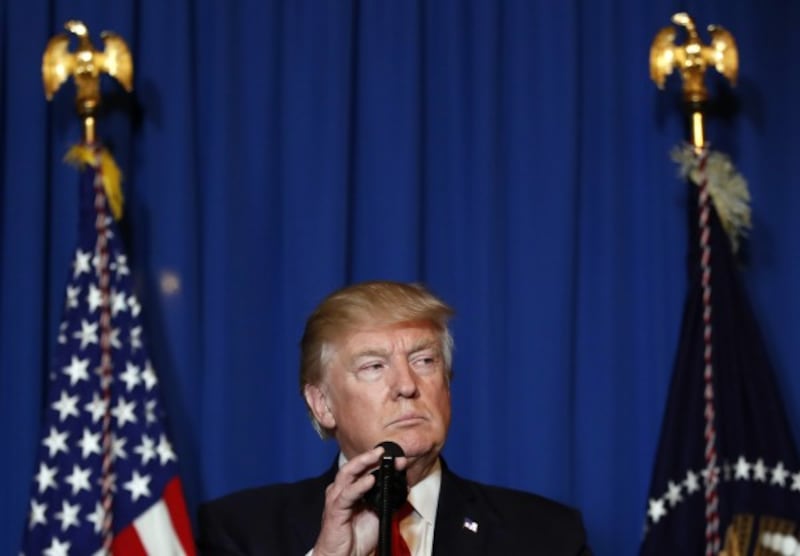
Amid widespread condemnation of the Syrian regime, US President Donald Trump authorised a retaliatory air strike on the air base suspected of launching the attack on Friday.
EU president Donald Tusk said the bloc would work with the US to combat brutality in Syria, while the strikes were welcomed by nations including Israel, Turkey and Canada.
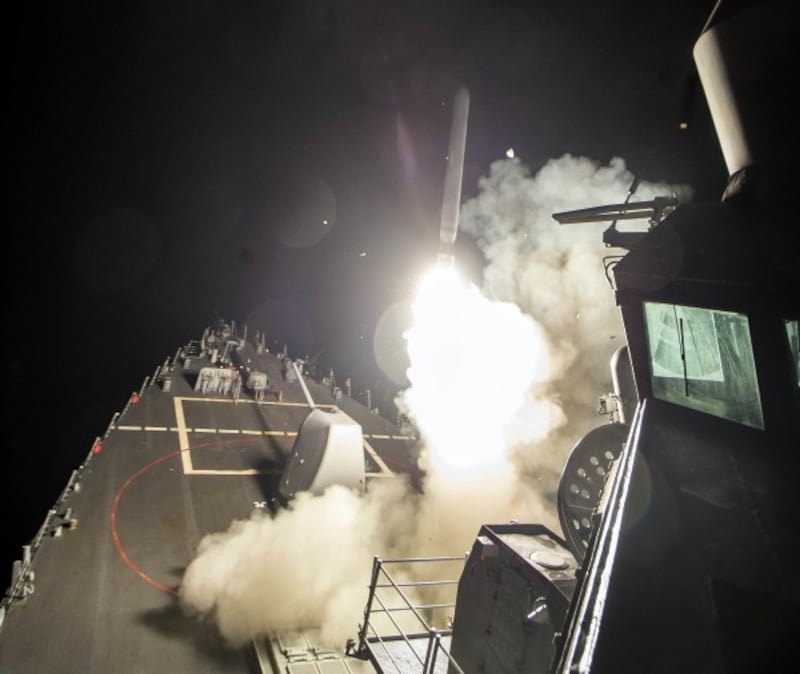
However Russia and Iran – Syria’s key allies – both defended the regime and have threatened to act if there is further aggression towards Syria.
What has been the reaction in the UK?
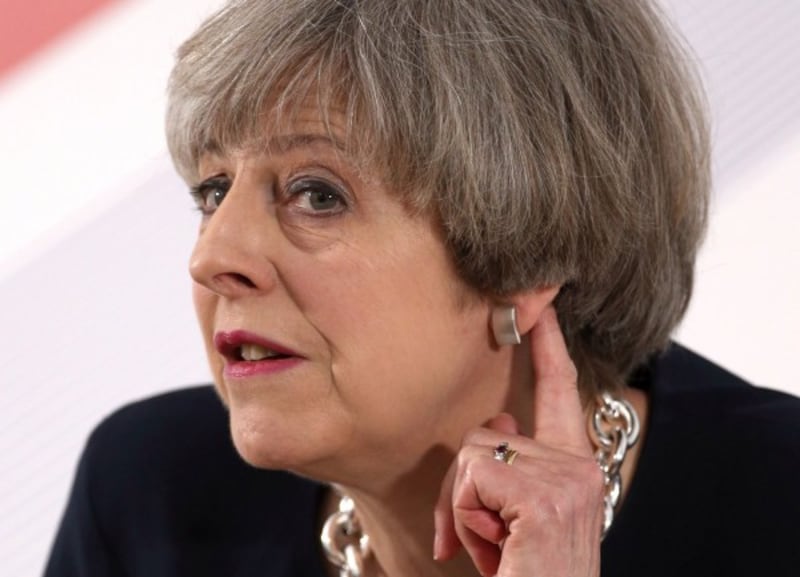
The UK Government said it “fully supported” Trump’s actions but the air strike was not the start of a military campaign. Theresa May is being briefed regularly on the developing situation while on holiday in Wales.
Meanwhile the issue has exposed divisions in the Labour party, as leader Jeremy Corbyn condemned the air strikes while senior figures such as deputy leader Tom Watson and Hilary Benn voiced their support.
What happens now?
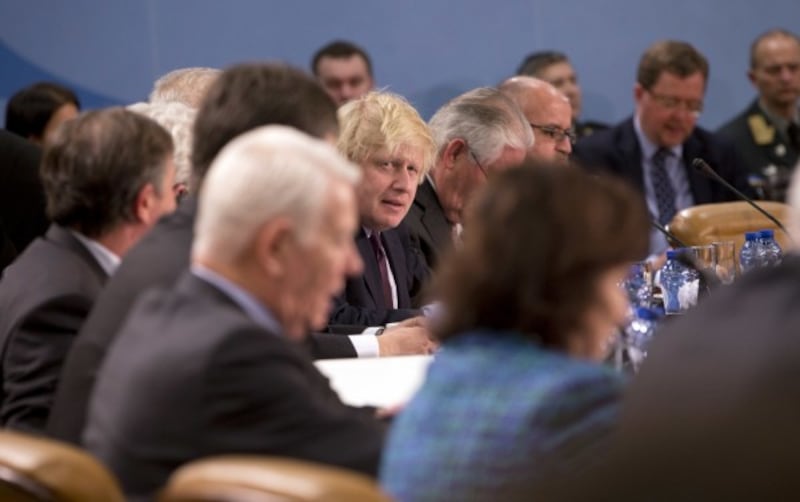
The issue is expected to dominate the G7 talks in Italy, where Foreign Secretary Boris Johnson met his US counterpart Rex Tillerson for talks ahead of the two-day summit.
World leaders will be keen to persuade Russia to distance itself from the Assad regime and to gain clarity on the US strategy in Syria. Further air strikes are not expected unless there is further use of chemical weapons.
The conflict will also shape relations between Russia and the US. Tillerson, the US Secretary of State, is due to head to Moscow for further talks.
